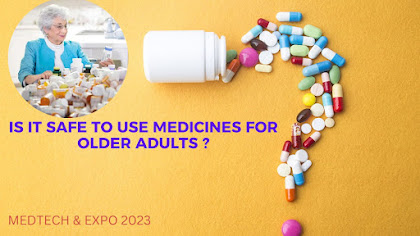Simply put, they aim to improve the health of community members. They do
this in many ways, including through:
- Medical treatment
- Rehabilitation
- Health education
- Advocacy
- Research
- Collaboration with other healthcare workers and with government agencies
Community health nurses work in schools, churches, and government
agencies. They focus on vulnerable populations, including low-income families,
people living in rural areas, immigrants, and individuals with disabilities.
Public Health
Public health nurses work specifically in disease prevention and health
promotion. One role includes operating immunization clinics. These clinics are
most commonly held for influenza, but these days they also focus on administering
the COVID-19 vaccine.
Public health nurses also prepare to respond quickly during public
health crises — such as natural disasters, epidemics or pandemics, and the
impacts of climate change.
Faith community nurses, often known
as parish nurses, provide health education for a specific church parish. They
also counsel their faith communities on health issues, and perform medical
evaluations for congregation members like administering blood pressure
screenings in their place of worship or at a hospital.
School nurses work at school sites,
focusing on student health. They are responsible for administering
immunizations, as well as medication to students with chronic health problems
Community health nurses work in a variety of environments, including:
- Government agencies (such as the U.S. Public Health Service)
- Social service agencies
- Religious institutions
- Schools
- Hospitals
- Outpatient centers
The largest employer of these is the government, which employs 18% of
community health workers, including nurses, followed by individual and family
services at 17% and religious, civic, and similar organizations at 14%,
A community health nurse must have a Bachelor of Science in Nursing
(BSN) to work for many organizations. Graduate degrees, such as the Doctor of
Nursing Practice, Entry-Level Master of Science in Nursing, or Nurse Educator
Master of Science in Nursing offered by St. Catherine University, can help a
community health nurse advance to leadership roles through courses that include
Nurse Educator as Leader and Leadership for Designing Systems for Nursing
Education.
.jpg)
.jpg)
.jpg)
.jpg)


